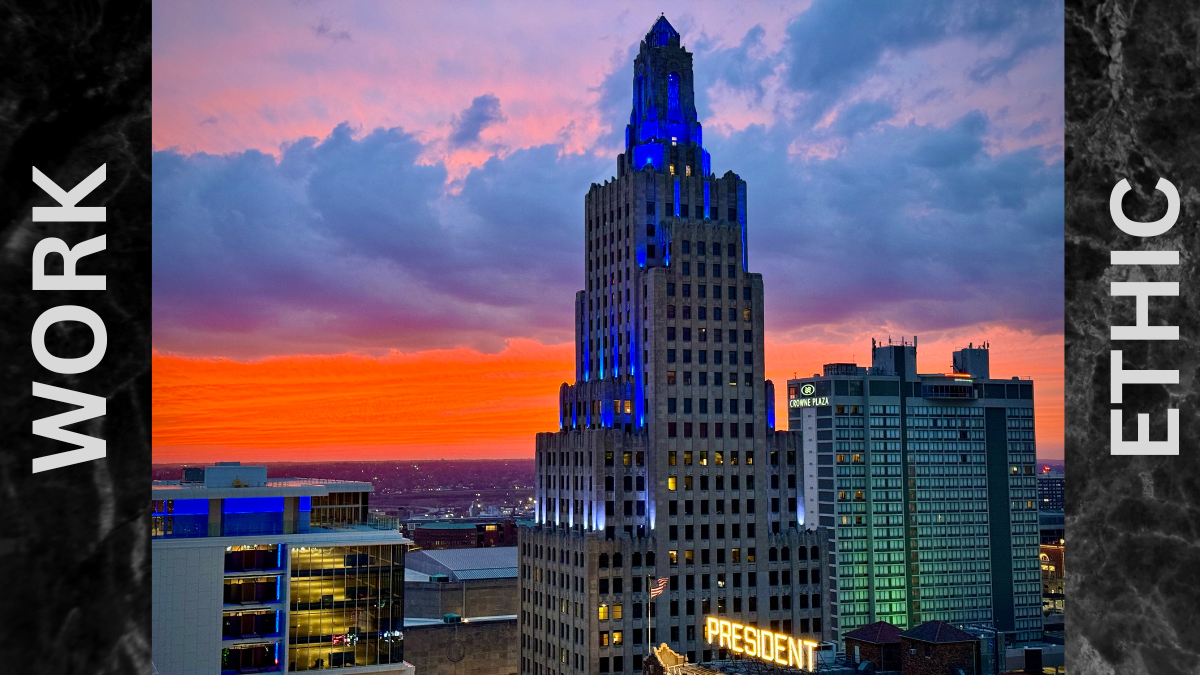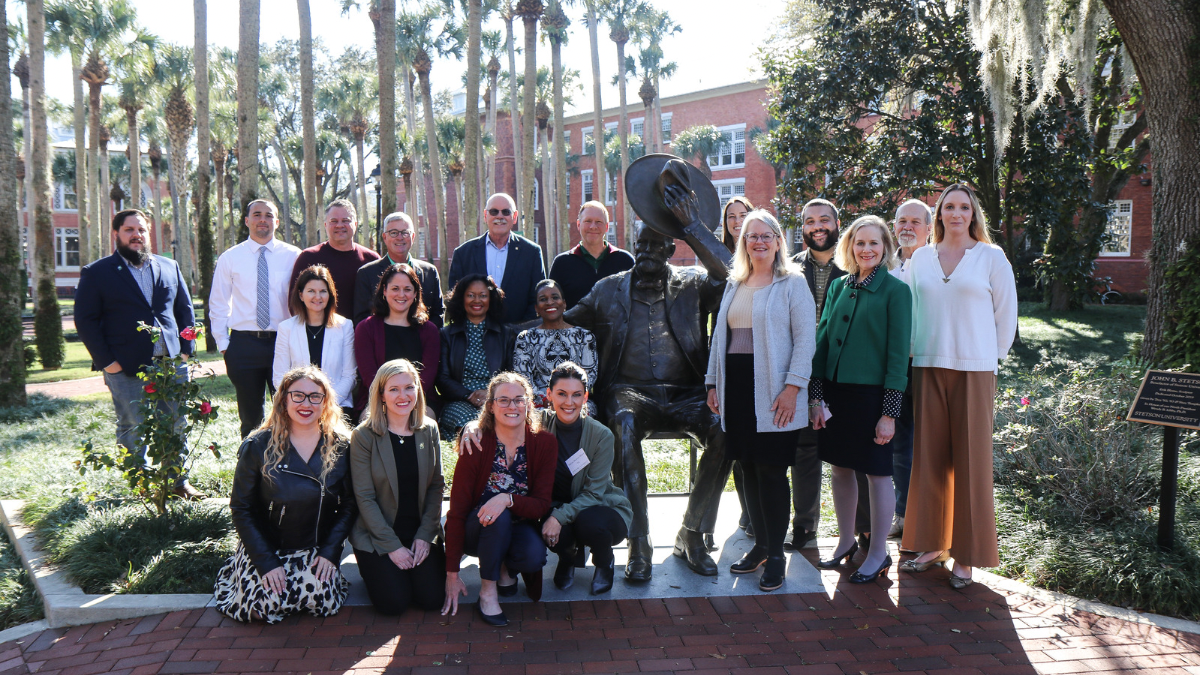Socks
Hiring a person to join your business is the most important decision you will ever make. The effects are long lasting on co-worker, clients and the business. The value of a superb hire is far greater than the direct cost of employing the person; conversely, the ultimate cost of a poor hiring decision makes the direct cost seem minuscule.
Consequently, interviewing someone shouldn’t be a sidebar activity or something you squeeze into an already busy schedule. The process must be focused and thoughtful; it cannot be hurried if you intend to achieve a good result. This is true both for the direct hiring manager and any team members who participate in the process.
The questions you ask and the interviewing approach you take will vary according to the position and the person. In all cases, it should begin with exploring the qualities of the individual being considered and concentrate on identifying the underlying values that define them. Things like Attitude, Integrity, Interpersonal Style and Leadership Capacity (if appropriate for the position) are a great place to start exploring. These things tell you about whether this person fits the culture and the outlook of the organization. The mantra at this stage is “First Who”.
Most candidates wash out in the first stage. Often “Who” they are doesn’t fit with “How” the business operates in pursuit of its goals. It’s far better to discover this early in the process, for them and especially for you.
If a candidate passes muster and is a potential fit, the conversation should then turn to a discussion about skills and abilities in the particular area of expertise needed by the team. “Then What” becomes the focus. In this stage, digging into specific aspects of the job at hand makes sense. Can the person harness their personal qualities to address the needs of the business? Do they possess the requisite skills to be successful in the position? What are the six to eight areas of work responsibility that matter most? What types of situational and behavioral questions will elicit the responses and deliver the insights you’re seeking? How would their past experiences and abilities positively impact your future?
There’s likely to be more variability in the answers offered in this second phase. Very few of us are equally good at everything. The most important skills should rank the highest, but the weaker ones shouldn’t weigh down the strongest. Using a scale for each area helps comparing candidate status to the norm and to the best performers. It also creates the potential for misunderstanding, however, unless the findings are carefully analyzed. By engaging at least two or three other individuals at various stages in the interview process, you gain a wider perspective and your odds of making a good decision increase dramatically.
How will you know when you’ve asked enough questions in an interview? At what point have all the critical questions been asked and answered? There are two ways to know:
Consequently, interviewing someone shouldn’t be a sidebar activity or something you squeeze into an already busy schedule. The process must be focused and thoughtful; it cannot be hurried if you intend to achieve a good result. This is true both for the direct hiring manager and any team members who participate in the process.
The questions you ask and the interviewing approach you take will vary according to the position and the person. In all cases, it should begin with exploring the qualities of the individual being considered and concentrate on identifying the underlying values that define them. Things like Attitude, Integrity, Interpersonal Style and Leadership Capacity (if appropriate for the position) are a great place to start exploring. These things tell you about whether this person fits the culture and the outlook of the organization. The mantra at this stage is “First Who”.
Most candidates wash out in the first stage. Often “Who” they are doesn’t fit with “How” the business operates in pursuit of its goals. It’s far better to discover this early in the process, for them and especially for you.
If a candidate passes muster and is a potential fit, the conversation should then turn to a discussion about skills and abilities in the particular area of expertise needed by the team. “Then What” becomes the focus. In this stage, digging into specific aspects of the job at hand makes sense. Can the person harness their personal qualities to address the needs of the business? Do they possess the requisite skills to be successful in the position? What are the six to eight areas of work responsibility that matter most? What types of situational and behavioral questions will elicit the responses and deliver the insights you’re seeking? How would their past experiences and abilities positively impact your future?
There’s likely to be more variability in the answers offered in this second phase. Very few of us are equally good at everything. The most important skills should rank the highest, but the weaker ones shouldn’t weigh down the strongest. Using a scale for each area helps comparing candidate status to the norm and to the best performers. It also creates the potential for misunderstanding, however, unless the findings are carefully analyzed. By engaging at least two or three other individuals at various stages in the interview process, you gain a wider perspective and your odds of making a good decision increase dramatically.
How will you know when you’ve asked enough questions in an interview? At what point have all the critical questions been asked and answered? There are two ways to know:
- You haven’t overlooked a category on your interview outline. Or,
- When the candidate is asked if he or she has anything else they would like to share and they reply: “You didn’t ask me what color socks I am wearing!”
That’s a good sign regarding your level of due diligence. When interviewing, ask great questions — and look for matching socks!






